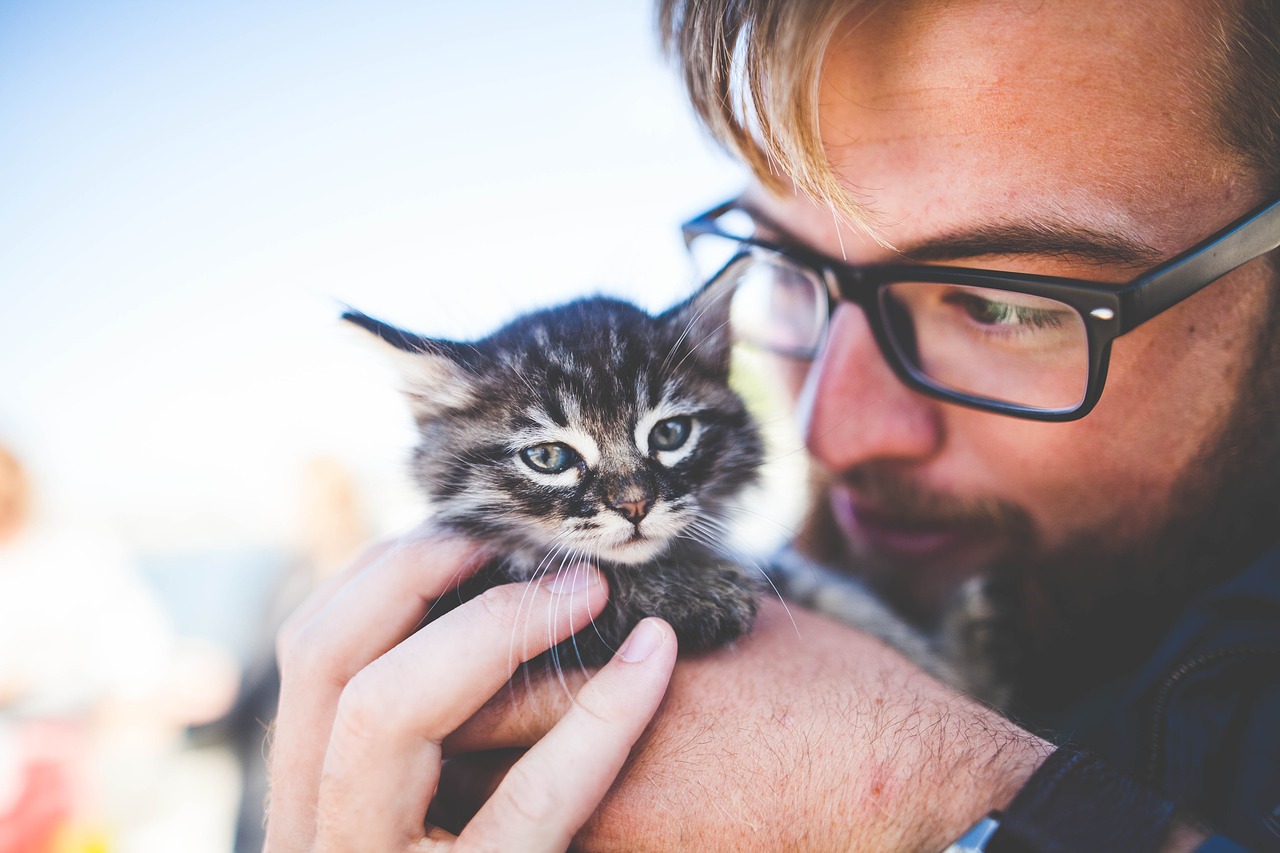Study Says Cats Form Emotional Attachments To Their Owners Like Dogs And Babies
Tags: opinion

By Mandy Froelich / Truth Theory
Because cats are notoriously witchy, it can be easy to think that they view us as simple-minded meat suits who exist is to keep them nourished. However, a myth-busting study suggests this isn’t exactly the case. Rather, our feline companions form attachments to us, in the same ways that dogs and babies do.
The findings were reported in the journal Current Biology on September 23. Reportedly, it’s the first research to show that cats form secure and insecure bonds with their human caretakers, much like children and dogs. The findings also suggest that the bonding ability across species must be explained by traits that aren’t specific to canines, explain the researchers.
“Like dogs, cats display social flexibility in regard to their attachments with humans,” said Kristyn Vitale of Oregon State University. “The majority of cats are securely attached to their owner and use them as a source of security in a novel environment.”
To measure whether or not cats form emotional attachments to human caretakers, the researchers identified the key response(s) of an infant when reunited with their caregiver. Typically, when a caregiver returns, secure infants return to relaxed exploration. Insecure individuals, on the other hand, engage in excessive clinging or avoidance behavior. Similar tests had been run before with primates and dogs, so Vitale and her team knew to run the same test. This time, however, cats were involved.
During the test, an adult cat or kitten spent two minutes in an unfamiliar environment with their caregiver, followed by two minutes alone. Then, they had a two-minute reunion. As GoodNewsNetwork reports, the cats’ responses to seeing their owners again were classified into attachment styles.
Based on the results, felines bond in a way that is surprisingly similar to infants. In humans, approximately 65 percent of infants are securely attached to their caregivers. Similarly, about 65 percent of both cats and kittens behaved as securely bonded to their people. “Domestic cats mirrored this very closely,” Vitale said.
Over 5000 people have downloaded our free ebook “Growth Hacking Tips And Rituals For Optimal Living” CLICK HERE to get your free copy now
The experiment revealed that cats’ human attachments are stable and present in adulthood. According to Vitale, social flexibility may have helped facilitate the success of the species in human homes.
The researchers’ next task is to explore the importance of the work in relation to the thousands of kittens and cats that wind up in animal shelters. “We’re currently looking at several aspects of cat attachment behavior, including whether socialization and fostering opportunities impact attachment security in shelter cats,” Vitale said.

Leave Comment: